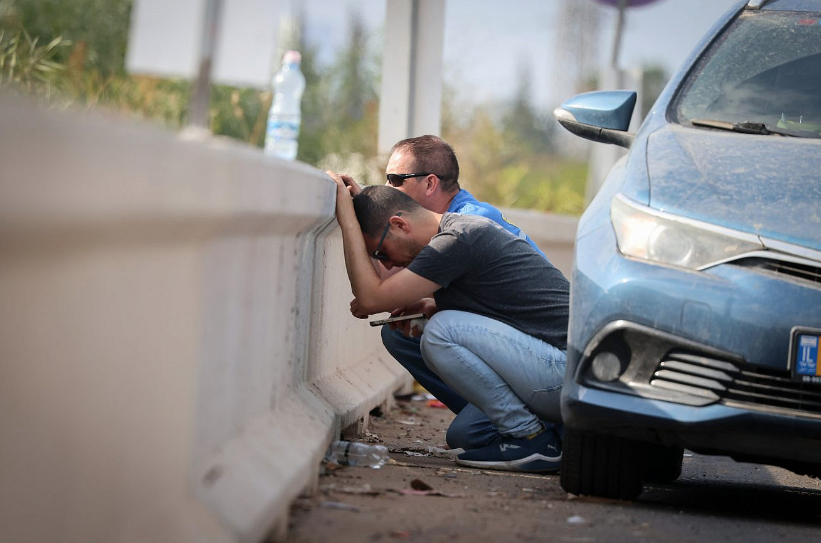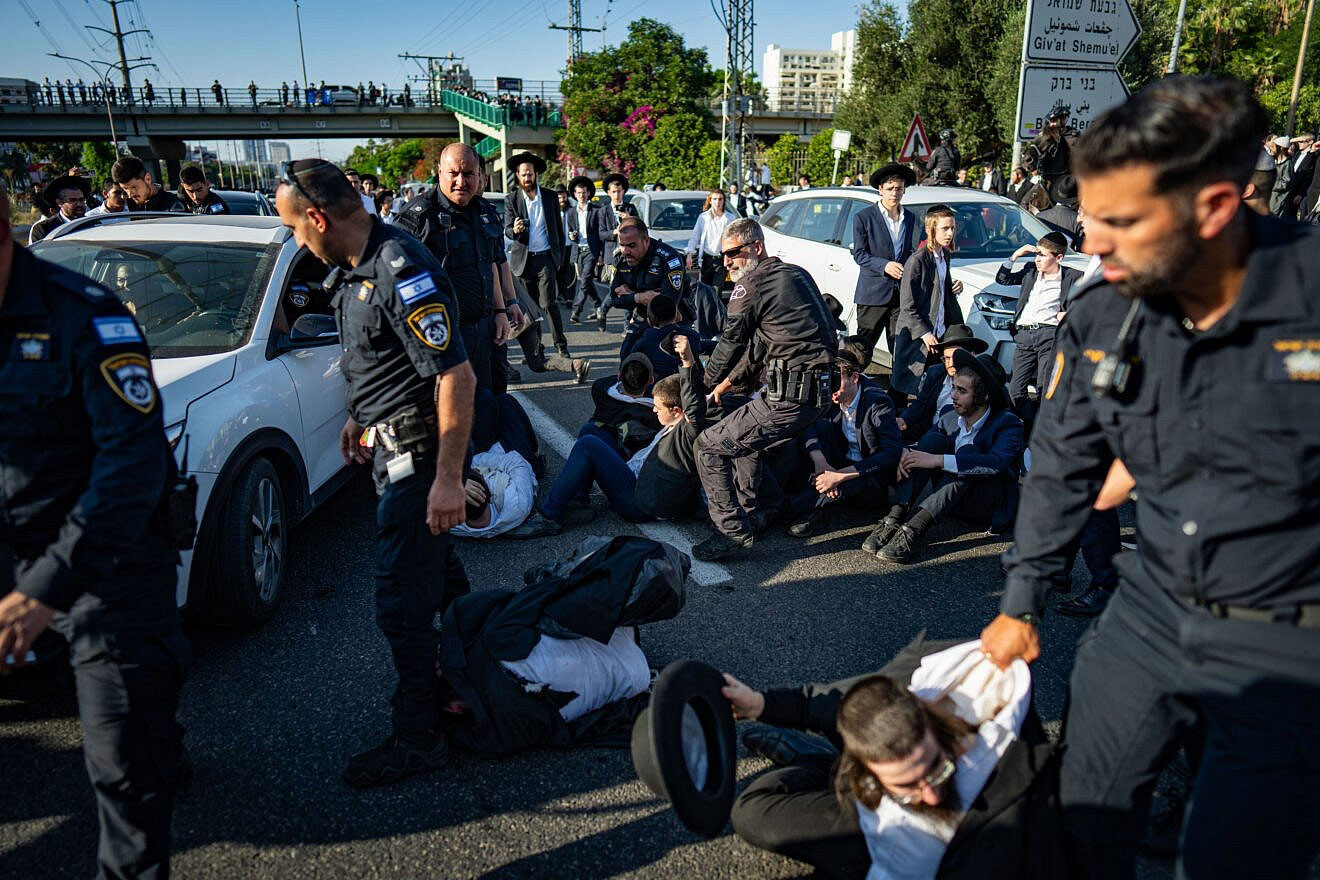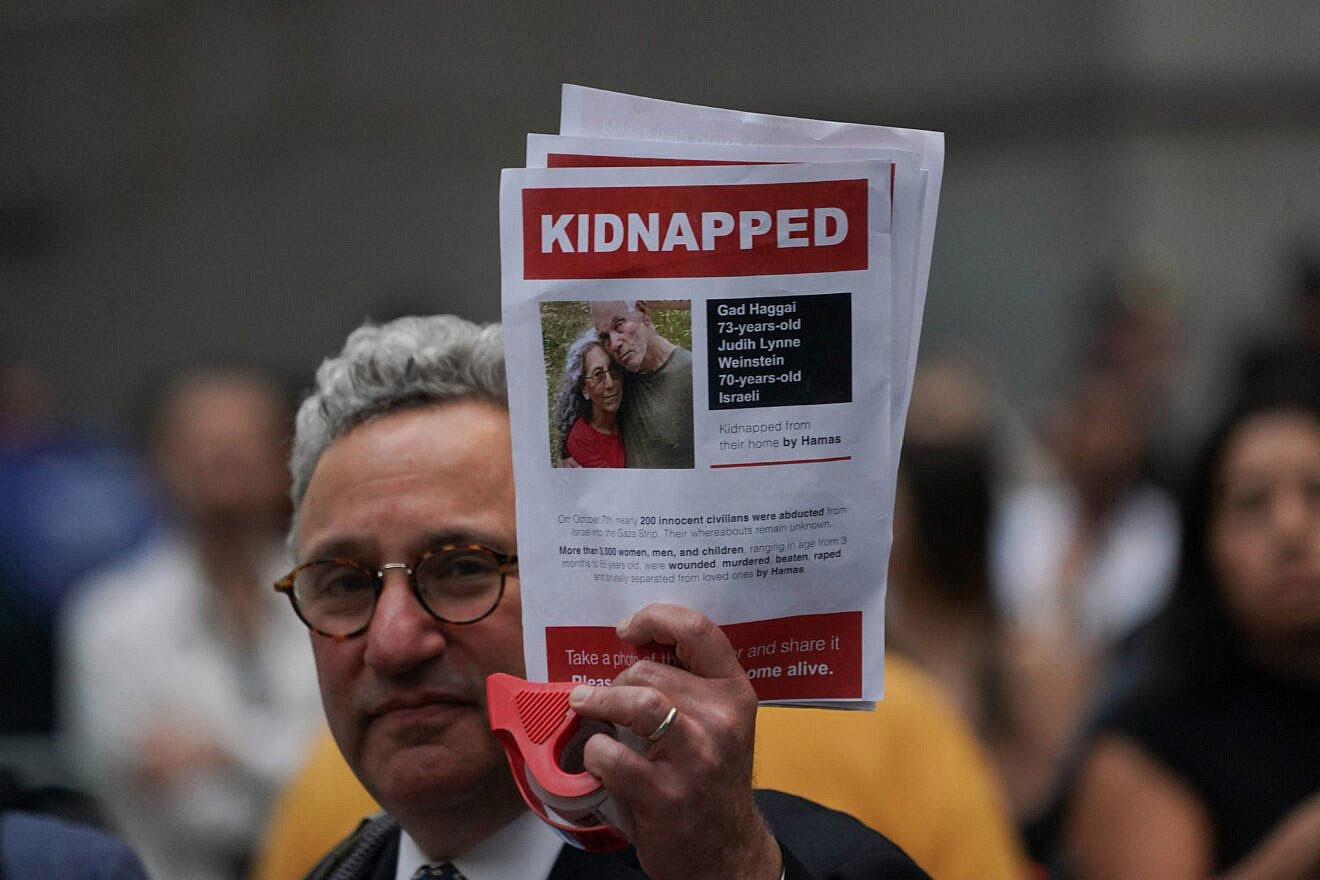(JNS) — Air-raid sirens sounded across Tel Aviv and Israel’s central region on Sunday afternoon, warning of incoming Hamas rocket fire from the Gaza Strip for the first time in four months.
The Israel Defense Forces’ Iron Dome aerial-defense system intercepted several projectiles, with blasts being reported across Tel Aviv, Petach Tikvah, Herzliya and Ramat Hasharon.
Sunday’s rocket fire reached as far north as the Sharon region, sending residents in the city of Kfar Saba running for shelter for the first time since the war started on Oct. 7.
At least two people were lightly wounded while running to a protected space, according to the Magen David Adom emergency response service. Both were evacuated to Meir Medical Center in Kfar Saba.
In Herzliya, a house sustained significant damage when it was hit by rocket shrapnel, Israel’s Kan News public broadcaster reported.
Hamas claimed responsibility for the attack minutes after it happened, saying it had fired a “large barrage” towards Tel Aviv.
The IDF announced that “following the alerts that were activated a short time ago in the center of the country, eight launches were detected that crossed from the Rafah region into [Israeli] territory.”
According to a report by Army Radio, the rockets were fired from a Hamas position located “hundreds of meters” away from Israeli troops.
The attack took place as Gazan rockets also targeted southern Israel and Hezbollah anti-tank missiles hit communities near the Lebanese border.
On Jan. 29, Hamas last fired rockets towards the Tel Aviv area, sending millions racing for shelter. The launches came shortly after the IDF expressed optimism in the wake of a decrease in the number of attacks.
Israel’s War Cabinet on May 6 decided to “continue the operation in Rafah to exert military pressure on Hamas to promote the release of our hostages and the other goals of the war.”
The Rafah operation, which Israel estimates will last around two months, is being carried out in stages as opposed to a full-scale invasion. The phased nature of the operation allows for it to be paused should a hostage release deal be reached with Hamas.
Prime Minister Benjamin Netanyahu has stated repeatedly that conquering Rafah is essential to winning the war against Hamas. Israel says Hamas’s final four battalions, comprising some 3,000 terrorists, are holed up in the city, as well as the terrorist group’s senior leadership.
U.S. President Joe Biden has frequently made clear that his administration does not support a major offensive in Rafah. Instead, the White House favors a limited operation aimed at attacking high-value Hamas targets and securing the Gaza-Egypt border.





